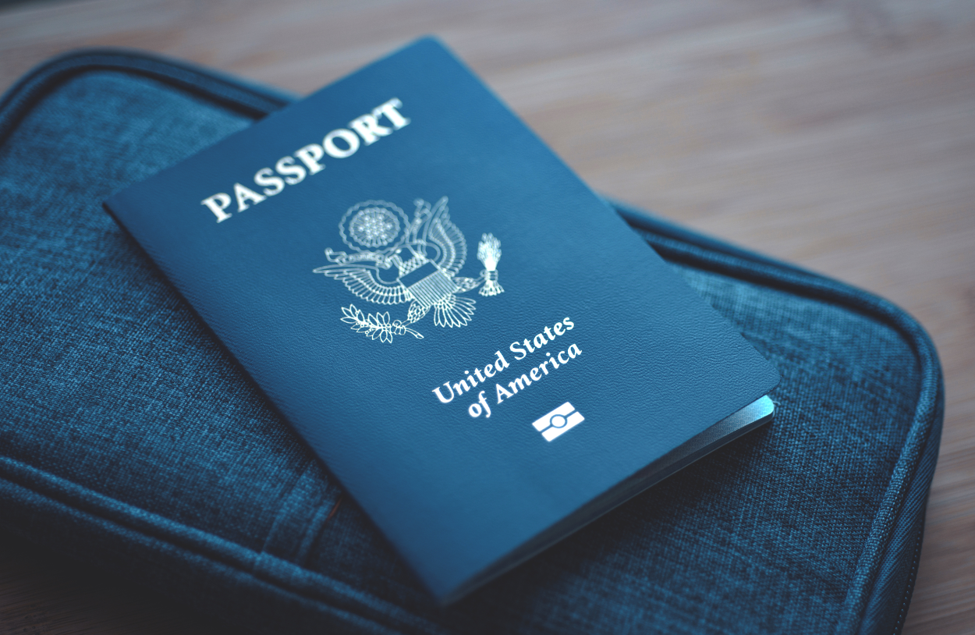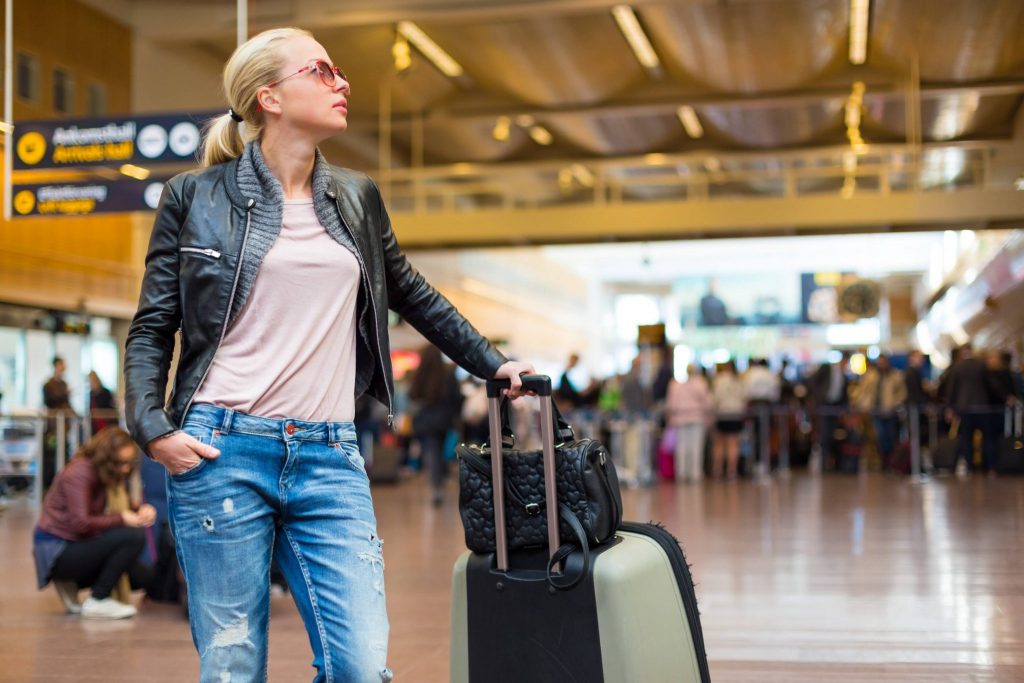Are you a US citizen planning a trip to Vietnam in 2025? Don’t get caught in visa confusion — here’s your complete guide to entering Vietnam without a hitch. With …

Planning your first adventure to Vietnam in 2025? Whether it’s for business, vacation, or visiting family, there’s one thing every traveler needs: a valid visa. But the process can feel overwhelming – embassy options, e-visas, arrival visas – where do you start? This guide will walk you through it, step by step, so you’ll be fully ready to explore Vietnam without a single worry.
If you’re a US citizen planning to visit Vietnam in 2025, the first thing you need to know is that a visa is required. Vietnam does not offer visa-free entry for regular US passport holders, with very limited exceptions for diplomatic or special-status travelers. However, the process of obtaining a visa has become significantly more convenient thanks to Vietnam’s expanded e-visa system.
The Vietnam e-visa allows travelers to apply online and avoid embassy visits or visa-on-arrival queues. This shift towards digital processing is a game changer, especially for first-time travelers who may feel overwhelmed by paperwork and bureaucracy. For most American tourists and business visitors, the e-visa offers a straightforward, reliable, and fast way to secure travel authorization.
What makes the e-visa even more appealing is that it can be used at major international airports, land crossings, and seaports across Vietnam. So whether you’re flying into Hanoi, arriving by land from Cambodia, or docking on a cruise, you’re covered. This convenience is why so many US travelers now opt for this method.

There are several visa options available to US citizens, but choosing the right one depends on your travel purpose and duration. The most commonly used is the Vietnam e-visa, which is valid for 30 to 90 days and can be issued for single or multiple entries. It is processed entirely online, making it ideal for tourists and short-term business visitors who value speed and simplicity.
Another option is the Visa on Arrival (VOA), which requires travelers to obtain a pre-approval letter before departure and then collect their visa upon landing at a Vietnamese international airport. While still an option, VOA has become less popular since the introduction of the e-visa, mainly because it involves more steps and potential waiting time at immigration.
Lastly, travelers may apply for a visa directly at the Vietnamese embassy or consulate in the United States. This method is usually preferred for long-term or multiple-entry stays exceeding 90 days, or in special cases such as work or student visas. However, it is a slower, more bureaucratic process that many travelers choose to avoid unless absolutely necessary.
For most first-time visitors from the USA in 2025, the 30-day single-entry e-visa remains the most efficient and traveler-friendly choice. It’s affordable, quick to process (typically within 3–5 business days), and requires minimal paperwork.

Applying for a Vietnam e-visa from the USA is remarkably easy, especially if you use a trusted service provider. First, make sure you have a clear digital copy of your passport and a recent passport-style photo. These documents will need to be uploaded during the online application process.
Next, head to a reputable visa service provider like Vietnam Visa Services, which offers a user-friendly application form, secure payment processing, and responsive customer support. Their step-by-step system ensures that no detail is overlooked, minimizing the risk of rejection due to technical or input errors.
Once you’ve filled out the application form and paid the visa fee, your information will be verified and submitted to Vietnam’s immigration authorities. You’ll then receive your e-visa via email within 3 to 5 business days. It’s that simple. Just print out the visa, carry it with your passport, and you’re ready to board your flight.

The required documents for a Vietnam e-visa are minimal, but accuracy and quality are crucial. You will need a passport valid for at least 6 months beyond your intended date of entry into Vietnam. Ensure that the scanned copy is clear, with all personal details readable and the full passport page visible.
In addition to your passport, a recent passport-style photo is required. This photo must meet Vietnamese e-visa standards—typically with a white background, no headwear (unless for religious purposes), and a neutral facial expression. Avoid using selfies or casual photos, as these can lead to delays or rejections.
You will also need a valid email address, as this is where your approved e-visa will be delivered. Lastly, provide your intended arrival date and entry point, such as the airport or land border where you plan to enter Vietnam. Having this information ready will help ensure a smooth application experience.
If your travel date is just around the corner and you haven’t applied for a visa yet, don’t panic. There are expedited processing services available that can deliver your e-visa in as little as 2 to 8 hours. This is particularly helpful for last-minute trips or urgent business travel.
By choosing a professional agency like Vietnam Visa Services, you gain access to priority service, professional document verification, and a higher success rate. Their team checks your application for common errors before submission, ensuring that it meets all immigration standards. This greatly reduces the risk of delays or rejections.
In emergencies, having this level of support can be the difference between making your flight or having to reschedule. It’s an investment in peace of mind that many travelers find well worth it.

While the application process is simple, small mistakes can cause unnecessary delays. First, make sure to apply at least 1 to 2 weeks in advance of your trip. This provides a buffer for any unforeseen issues or document re-submissions.
Ensure that your passport scan and photo are clear and high-quality. Blurry images or incorrect formats are one of the most common reasons for visa rejections. Also, double-check every piece of information you input into the application form—your name, passport number, and travel dates must match exactly with your documents.
Lastly, use an email address you actively check, and keep an eye on your inbox (including spam/junk folders) for any visa updates. Some applicants miss their approval notice simply because they don’t monitor their emails closely.
Now that you understand how to get a Vietnam visa from the USA in 2025, the process should feel much less intimidating. With the convenience of the e-visa system and reliable services like Vietnam Visa Services, your travel prep becomes straightforward and stress-free. Whether you’re heading to Vietnam for the first time or returning for another unforgettable journey, a smooth visa experience sets the perfect tone for your adventure. Safe travels!

